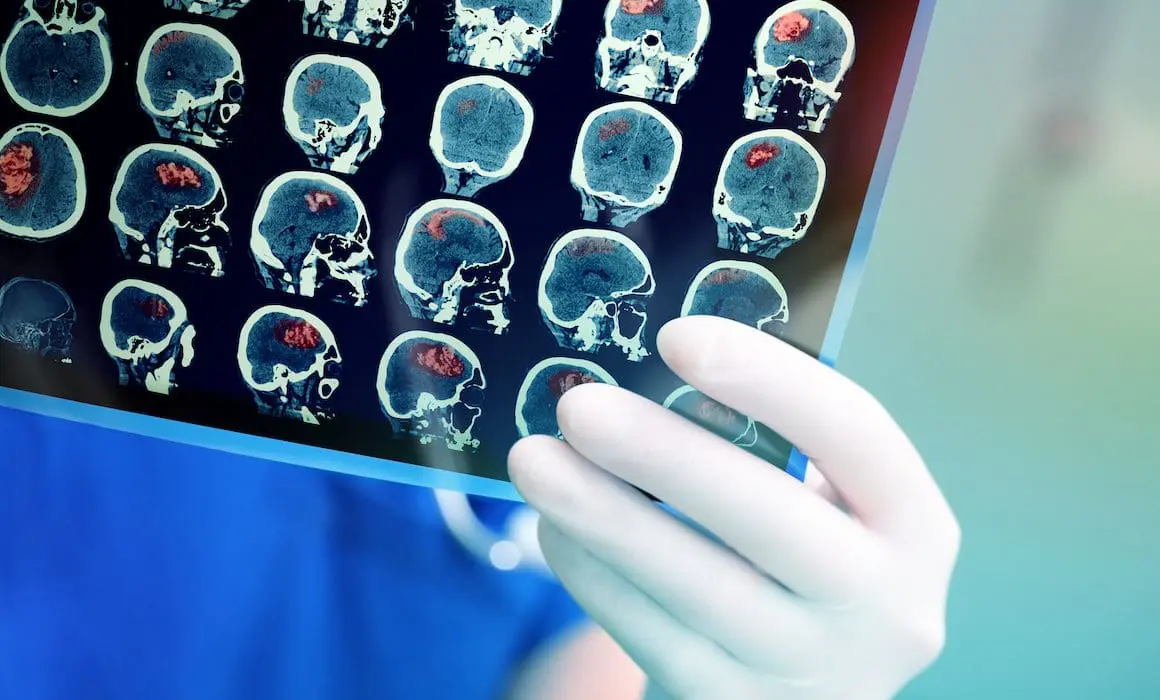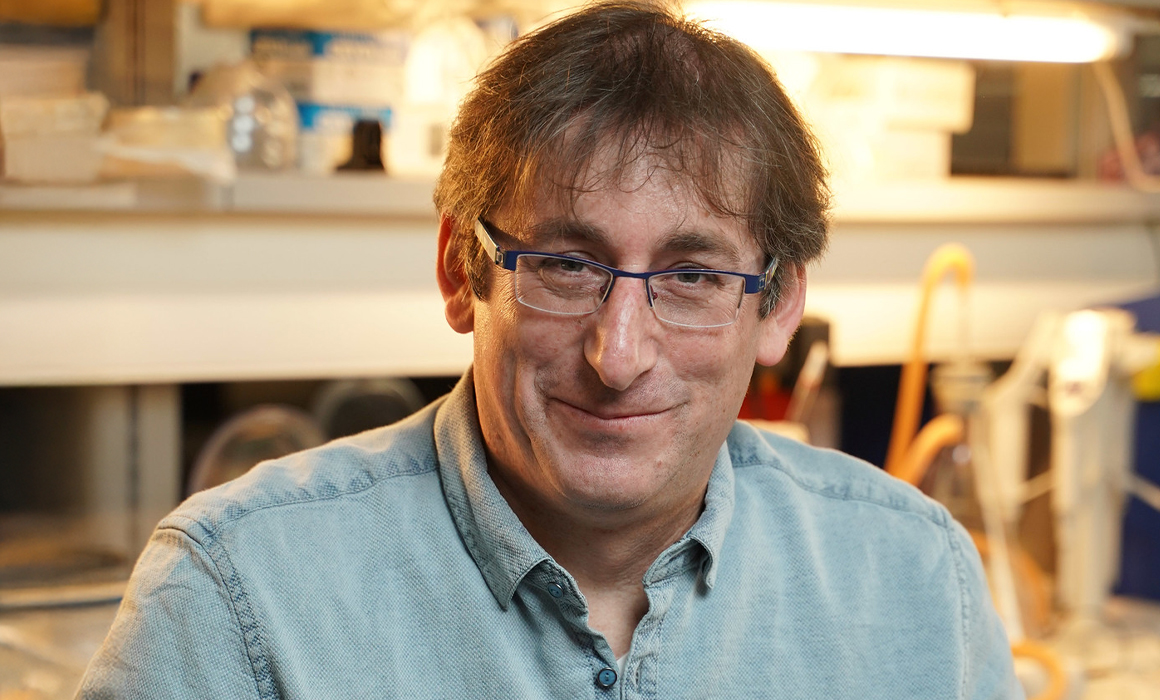Stroke Warning: How AI Can Help

There is no guarantee for preventing stroke, but eating healthy, exercising, and regular medical check-ups go a long way. Now it seems we can reduce stroke risks even more with computer science.
Two Technion master’s degree students have written a machine learning algorithm that can accurately predict whether a person will develop the irregular heart rhythm atrial fibrillation (AFib) — a condition that causes one in seven strokes.
Working under the supervision of Assistant Professor Joachim A. Behar, head of the Artificial Intelligence Laboratory in Medicine, Shany Biton and Sheina Gendelman accessed more than one million ECG recordings from more than 400,000 patients. They then trained a deep neural network, a sub-field of AI dealing with algorithms inspired by the brain, to capture patterns that predict AFib within five years for patients who have not been diagnosed.
The resulting machine learning model predicted the development of AFib risk in 60% of cases. Only 5% of those identified as at risk did not develop the condition. The new algorithm could save countless lives by notifying patients of their risk in time to make lifestyle changes that could delay or avoid the condition. Early diagnosis also leads to regular monitoring and follow-ups with cardiologists.
“We do not seek to replace the human doctor. We don’t think that would be desirable,” said Prof. Behar. “But we wish to put better decision support tools into the doctors’ hands.”
The study was published in European Heart Journal — Digital Health.



